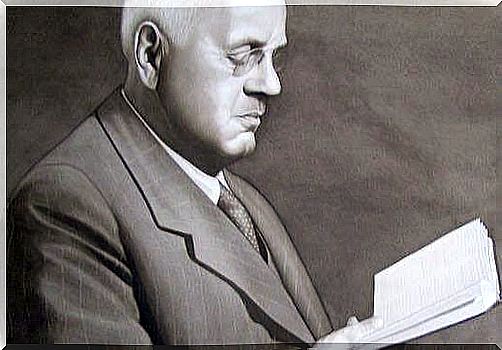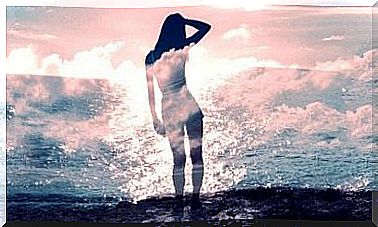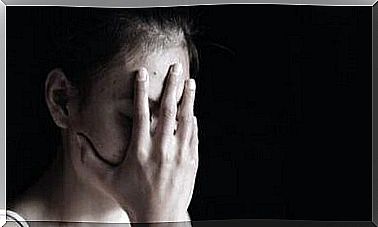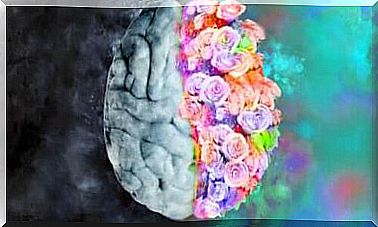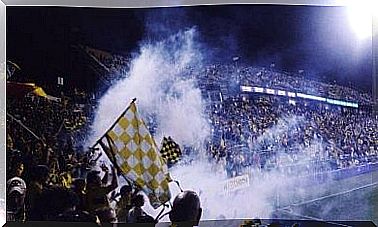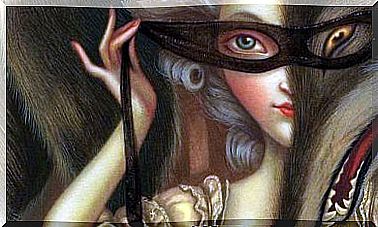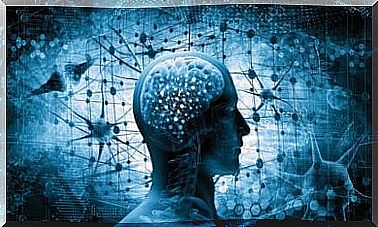Michael Faraday: Biography Of A Transcendent Physicist
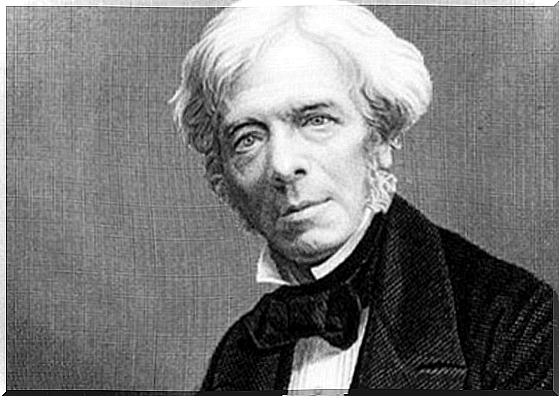
Michael Faraday was one of those geniuses who forever changed the history of physics and chemistry. Without their contribution, electric motors would not exist. The most interesting thing is that in reality he had very little academic preparation. He trained himself, through self-taught work that only ended with his death.
Michael Faraday made important discoveries in the field of electrochemistry and electromagnetism. He also discovered benzene, a hydrocarbon found in most of the plastic elements we use today.
His life and his work are fascinating. From a poor boy who worked to help his family, he became a knight for his contribution to science, thanks to Queen Victoria of England. What made him a great scientist was his perseverance and his passion for knowing it.
Michael Faraday, a humble child
Michael Faraday was born on September 22, 1791, in what is now central London. He was the third of four brothers, born into a modest family. Her father was a farrier and her mother was a devoted housewife of rural origin.
It was precisely his mother who decided to make him quit school. It turns out that Michael Faraday couldn’t pronounce the “r” well and his teacher laughed at him and punished him. His mother couldn’t stand the situation and thought it was better for him to work for the family. Michael Faraday’s story took a turn when he began working as an apprentice with George Riebau, bookbinder and bookseller in London, at the age of 14.
This work aroused his intellectual curiosity. He began to read the books he was selling, in a voracious way. He spent seven years developing this work and during this time he was able to read the works of Isaac Wats, which aroused in him great enthusiasm. It was also at this time that he devoured scientific books, which aroused his interest in electrical phenomena.

A life devoted to science
At 19, Faraday joined the City Philosophical Society , a group of young science enthusiasts. The host was John Tatum, who explained the principles of electricity, chemistry and physics at the evening group meetings. There he met Elmer Humphry Davy, who was a member of the Royal Institution. And who often gave Faraday tickets so that he could attend his lectures.
From the notes Faraday took during these years grew a 300-page volume which he sent years later to Davy. The latter had an accident and lost his sight. He therefore decided to hire Faraday as secretary, before he became a chemistry assistant at the Royal Institution . During these years, Michael Faraday was humiliated by Davy’s wife, but he was more interested in learning from her mentor.
In 1815, Michael Faraday began to teach everything he had learned during those years of hard work. He also published his first scientific works in chemistry, wrote several articles and lectured. In 1820, he already enjoyed a great reputation in academic circles.
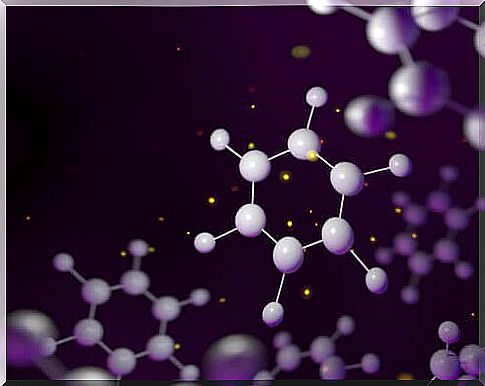
Long-term work
The editor of a scientific journal called Annals of Philosophy asked him to write about the work of several scientists who were experimenting with electromagnetism. To carry out this task, Michael Faraday replicated several of the experiments and it was then that he made his most important discoveries. In particular, he paved the way for the mechanical use of electrical energy. This laid the foundation for the creation of electric motors.
In 1825 Faraday, who had married in 1821, became director of the Royal Society , replacing his mentor Elmer Humphry Davy. The same year, he discovered benzene and reached the peak of his scientific career. Later he made new discoveries on the properties of metals and magnetism, and formulated the famous “Laws of Faraday”.
Since his appointment as director of the Royal Society, he has started giving free lectures to young people in training. All its beneficiaries were also required to give lectures to those who did not have access to education. In 1832 he received his doctorate from the University of Oxford. In 1839 he suffered a nervous breakdown from which he recovered and in 1858. He retired to live in a house donated by the crown. He died in 1867.
Additional information: a lunar crater bears his name in honor of his great contributions.
